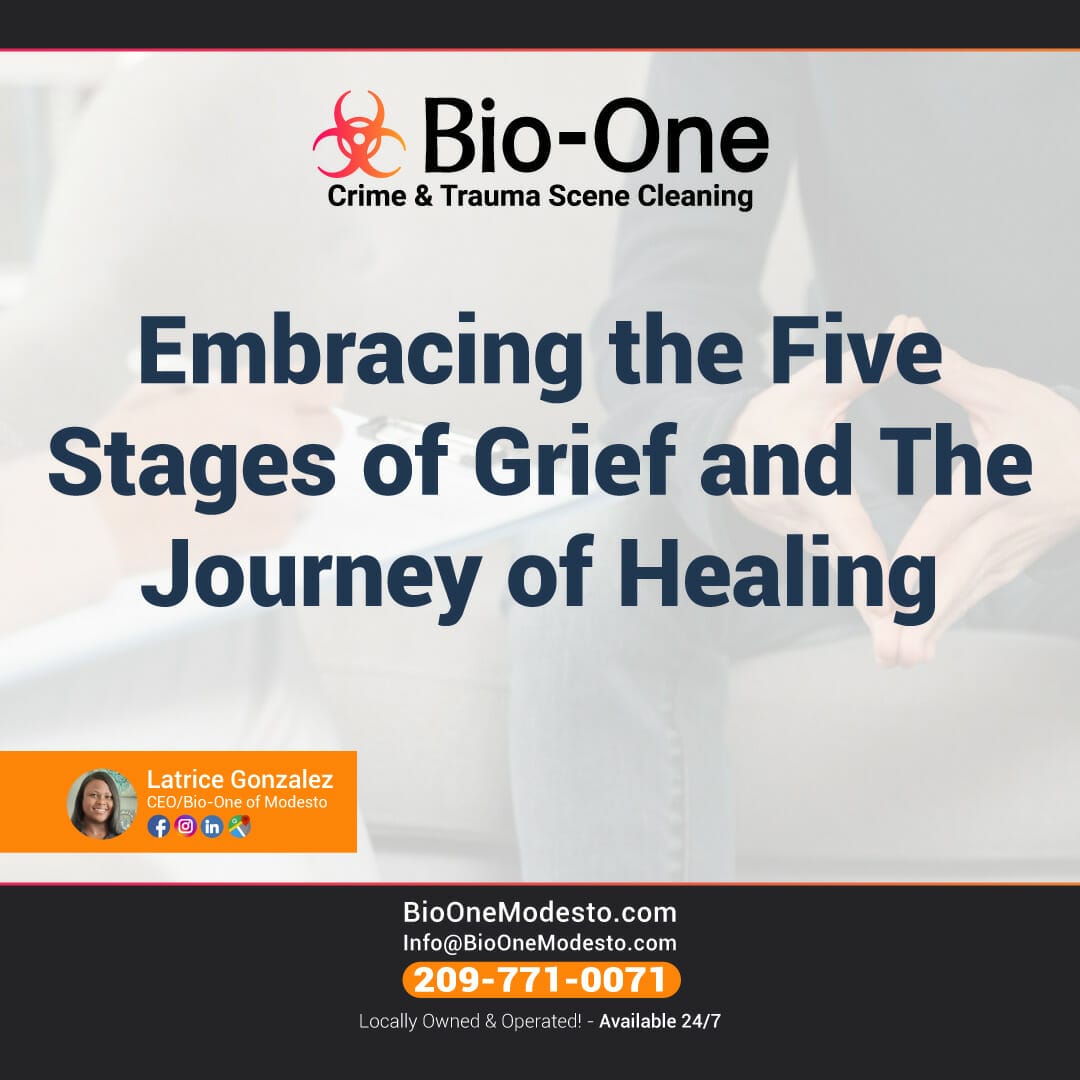
Whether you are experiencing grief yourself or know someone who is going through this difficult time, it's important to know that there are five stages of grief that people typically go through when they experience a significant loss. Grief is a natural and inevitable part of life. Understanding these five stages and learning how to support someone through them can make all the difference in helping someone heal and move forward in their life.
Denial
Denial is the first stage of grief. It is a common and even normal reaction to loss and often involves shock and disbelief. When someone is in this stage, they may not want to believe that the loss has occurred. They may act as if nothing has happened and may even refuse to acknowledge the reality of what has happened.

Anger
The second stage of grief is anger. This stage is where a person begins to feel the reality of the situation and may lash out in frustration and anger. Feelings of guilt, helplessness, and resentment may also arise during this stage. They may also feel a deep sense of injustice about the loss. If someone you know is going through this stage, it’s important to listen to them and understand what they are going through. Don’t try to “fix” their anger, but rather offer your support and encourage them to express their feelings.
Bargaining
The third stage of grief is bargaining. This is when a person starts to try to make deals in order to avoid the pain and sorrow of the loss. They may try to negotiate with fate or a higher power by making promises to change their life if they can only have one more chance. This is a natural stage of grief and often goes hand-in-hand with guilt.
If someone you know is in this stage, offer them reassurance. Encourage them to express their feelings and remind them that it’s okay to grieve in their own way.

Depression
The fourth stage of grief is depression. This is when the reality of the loss sets in and a person may feel sad, lonely, and hopeless. They may withdraw from others and have a difficult time finding joy in life. During this stage, it’s important to remind them that they are not alone. Encourage them to seek professional help if necessary and let them know that there is no shame in asking for help.
Acceptance
The final stage of grief is acceptance. This is when a person comes to terms with the reality of the loss and is able to move forward with their life. This does not mean that the pain goes away, but it means that they are able to find a new way of living without the person or thing that was lost. During this stage, it’s important to continue to encourage your loved one to find meaning in their life again.

Help is Always Available
Remember, it's perfectly okay not to bear the burden of grief alone. Help is available, and it's important to reach out when needed. Here are some resources for those struggling with any of the stages of grief and loss:
- Grief counseling: A professional therapist can help guide you through the grieving process and provide support along the way.
- Support groups: Connecting with others who have experienced similar losses can be incredibly healing. Look for local support groups or online communities.
- Hotlines: There are hotlines available specifically for those struggling with grief and loss, such as the National Suicide Prevention Lifeline (1-800-273-TALK).
Grief is a difficult and painful process, but still a necessary part of life.
Bio-One of Modesto Can Help
By understanding the five stages of grief and offering support to a loved one going through this process, you can help them to heal and find meaning in their life once again. There are many resources available for those struggling with grief and depression in the Modesto Area, and Bio-One can connect those struggling with grief with support groups and organizations.
Remember, it’s okay to grieve in your own way and there is no shame in seeking help when you need it. Grief is a journey.


